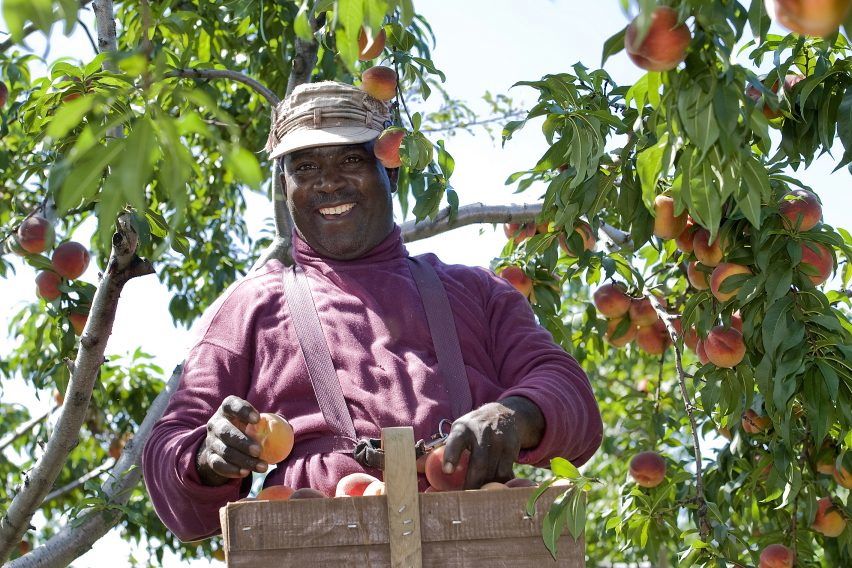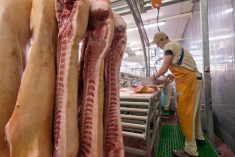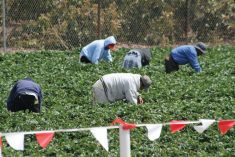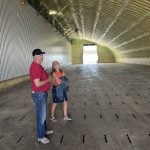Housing meant for temporary foreign workers employed on a Canadian farm will now have to pass regular inspection before the farm can hire its workers.
One of the requirements for farms hiring temporary foreign workers (TFWs) is that the farm provide workers with “adequate, suitable and affordable housing as defined by the Canadian Mortgage and Housing Corporation.”
Said housing can be either on-farm, such as a bunkhouse, or off-site, such as a commercial hotel/motel.
Whether it’s on-farm or off-site housing, farm employers are required to provide proof it has been inspected by the appropriate provincial/territorial/municipal body or by an authorized private inspector with proper certifications.
Read Also
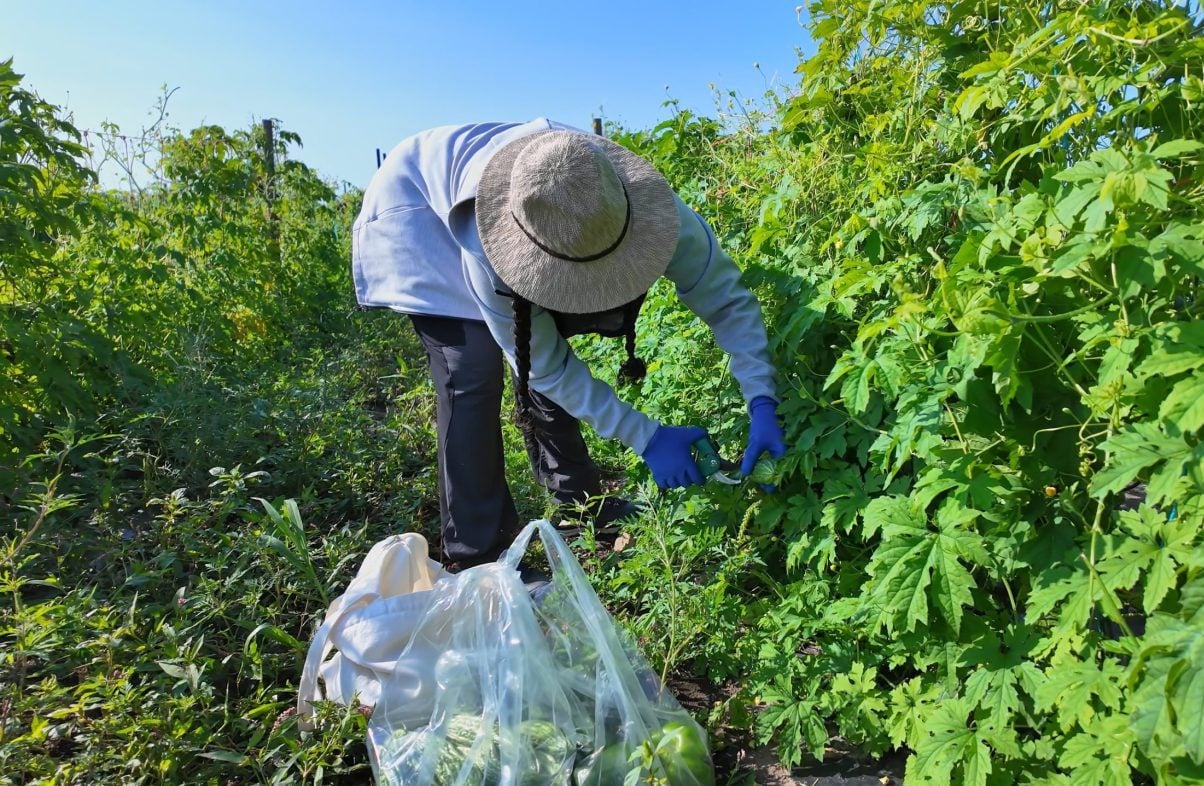
Thirty-six employers banned from Temporary Foreign Worker program, federal agency says
In the last fiscal year, 36 employers were banned from the Temporary Foreign Worker program — a threefold increase from the previous year — the federal government said this week.
Effective Jan. 1, however, housing for temporary foreign workers under the TFW program’s Primary Agriculture Stream will have to have been inspected within the eight months prior to the date when a farm’s labour market impact assessment (LMIA) application is received at Service Canada.
The new rule, which will also cover TFWs under the Seasonal Agricultural Worker Program (SAWP), requires that a farm’s submitted housing inspection report must have “all relevant sections completed,” with proof of inspection.
Inspection reports submitted to Employment and Social Development Canada will also have to indicate the maximum number of workers permitted per approved accommodation, the government said Thursday.
Farm employers also must now provide proof all issues listed in a housing inspection report have been “fully addressed” before they’ll be allowed to hire foreign workers.
Failure to meet the housing inspection report requirements without justification will result in a farm’s LMIA application being considered “incomplete,” the government said.
In British Columbia, farms also must use the British Columbia Agriculture Council’s (BCAC) housing inspection form and have the housing inspection done by a BCAC-sanctioned inspector who’s authorized for housing inspections.
Employers are responsible for any costs connected with having the housing inspected, the government said, and “under no circumstances” can those costs be recovered from a worker.
The government reiterated Thursday it will run more on-site inspections to verify firsthand that TFWs’ working and housing conditions meet program requirements.
“These new housing measures will help to ensure that temporary foreign workers in the agriculture industry have safe and adequate housing while working in Canada,” Patty Hajdu, the federal minister of employment, workforce development and labour, said in a release Thursday. — AGCanada.com Network

